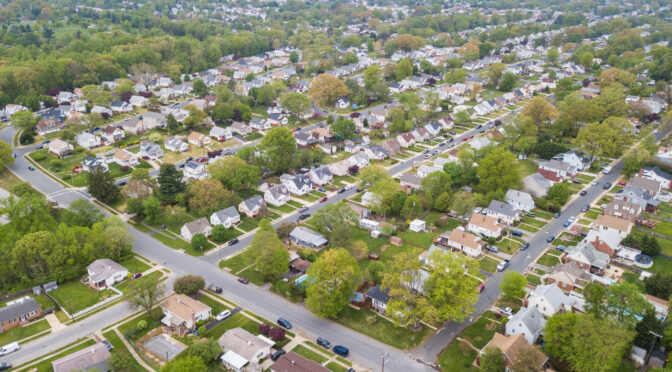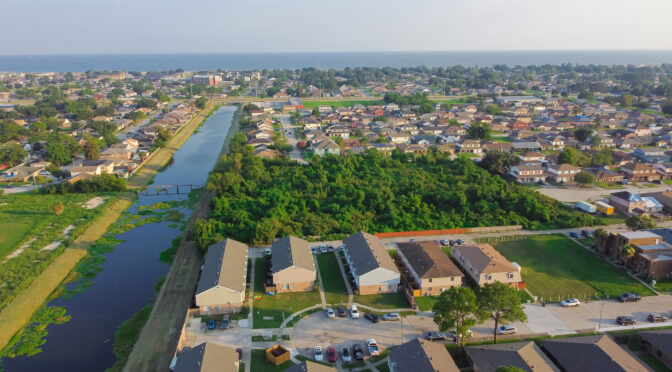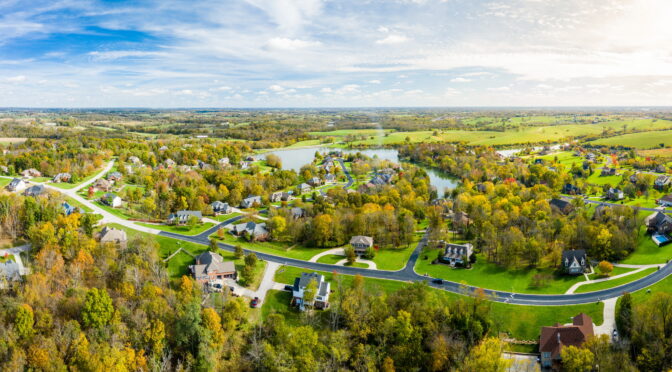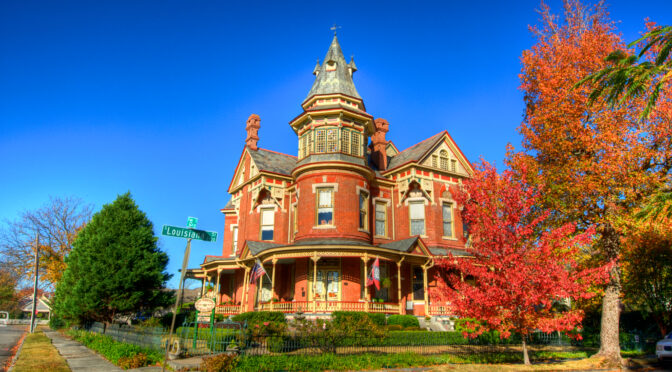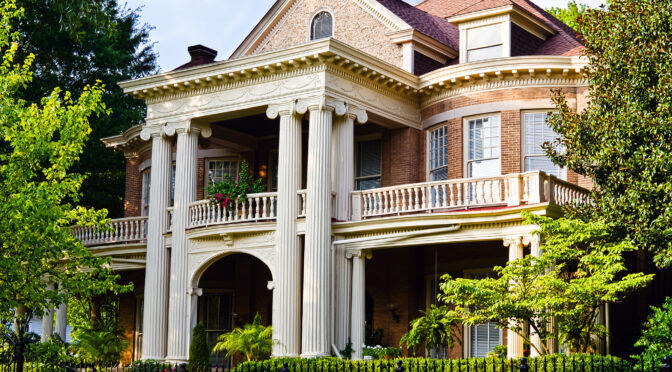Investing in Maine real estate in 2024
Investing in Maine Real Estate in 2024
Investing in Maine real estate in 2024 presents a mix of opportunities and challenges, with various sectors offering potential for investors.
Here’s an overview of the current market conditions, key areas such as housing developments, commercial real estate, rental properties, financing options, and fix-and-flip opportunities in Maine.
Current Market Conditions:
Maine’s real estate market has been experiencing steady growth, driven by a combination of factors such as a strong economy, population growth, and increased demand for housing.
The market is characterized by relatively stable home prices, making it an attractive option for both long-term investors and house flippers.
Housing Developments:
1. Portland: The largest city in Maine, Portland, is a hub for real estate development, with a mix of historic and modern properties attracting buyers and renters alike.
2. Coastal Areas: Coastal towns like Kennebunkport and Bar Harbor offer prime real estate opportunities, especially for luxury housing developments.
3. Suburban Communities: Suburban areas like Falmouth and Scarborough are popular for families seeking a quieter lifestyle, with new housing developments catering to this demand.
Commercial Real Estate:
Maine’s commercial real estate sector is also thriving, particularly in industries such as tourism, healthcare, and technology. Cities like Portland and Bangor offer opportunities for commercial property investment, including office spaces, retail outlets, and industrial properties.
Rental Properties:
With a growing population and a strong rental market, investing in rental properties in Maine can be a lucrative venture. Areas with universities, such as Orono and Brunswick, present opportunities for student housing investments, while cities like Biddeford and Lewiston appeal to renters seeking affordable housing options.
Financing Options:
To finance real estate investments in Maine, investors can consider the following options:
1. **Traditional Mortgages:** Securing a mortgage from a bank or financial institution based on creditworthiness and property value.
2. **Local Banks and Credit Unions:** Building relationships with local lenders can provide access to competitive loan options.
3. **Private Lenders:** Private investors or hard money lenders in Maine offer alternative financing for fix-and-flip projects with shorter timelines.
Fix and Flip Opportunities:
Maine’s real estate market offers ample opportunities for fix-and-flip projects, especially in emerging neighborhoods or properties in need of renovations. Key considerations for successful fix-and-flip loans include thorough market research, accurate cost estimates, and a solid exit strategy to maximize profits. In conclusion, investing in Maine real estate in 2024 requires a comprehensive understanding of market trends, a strategic approach to financing, and a keen eye for profitable opportunities.
By staying informed about local developments and leveraging available resources, investors can capitalize on the diverse real estate landscape in Maine for long-term growth and success


